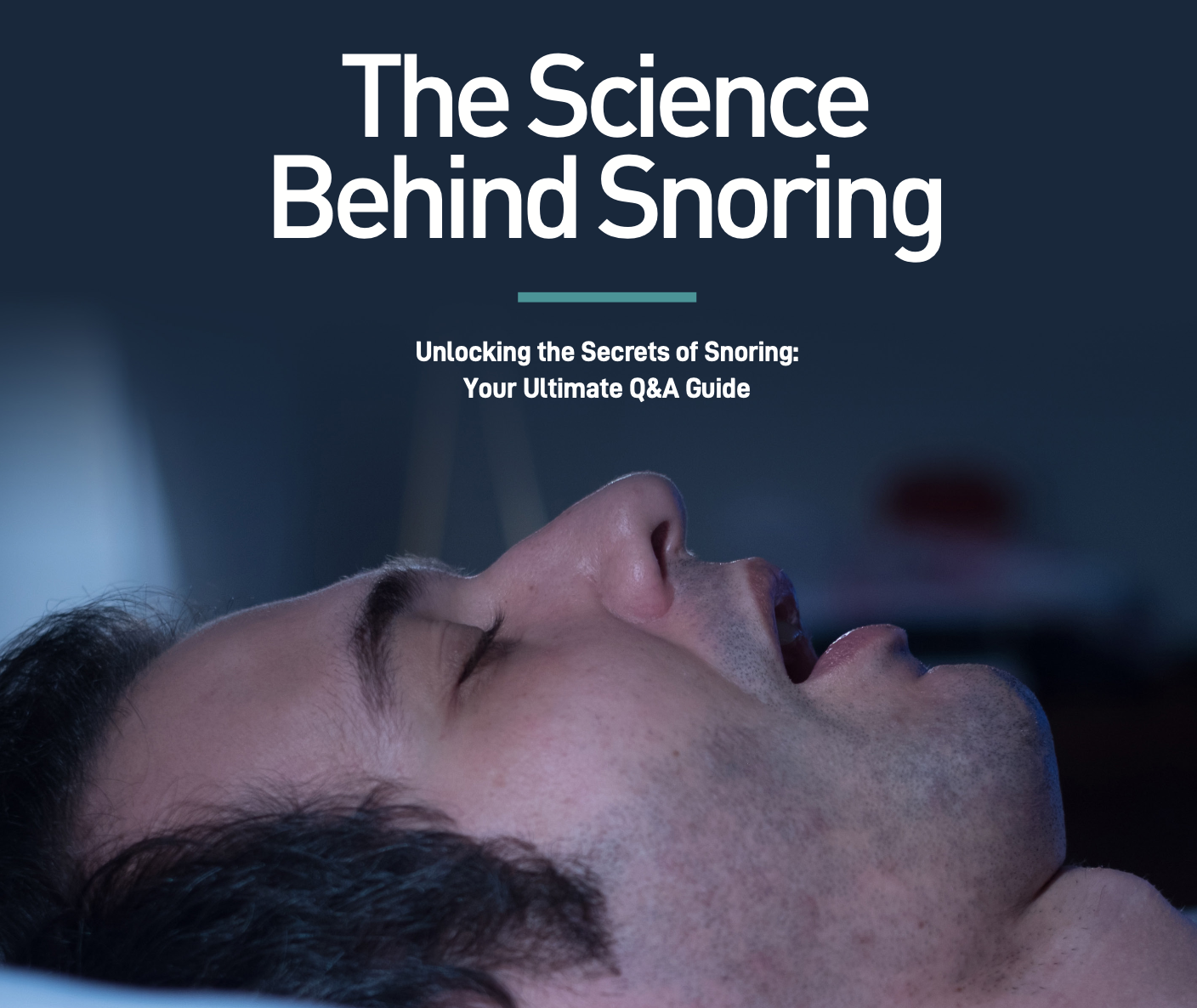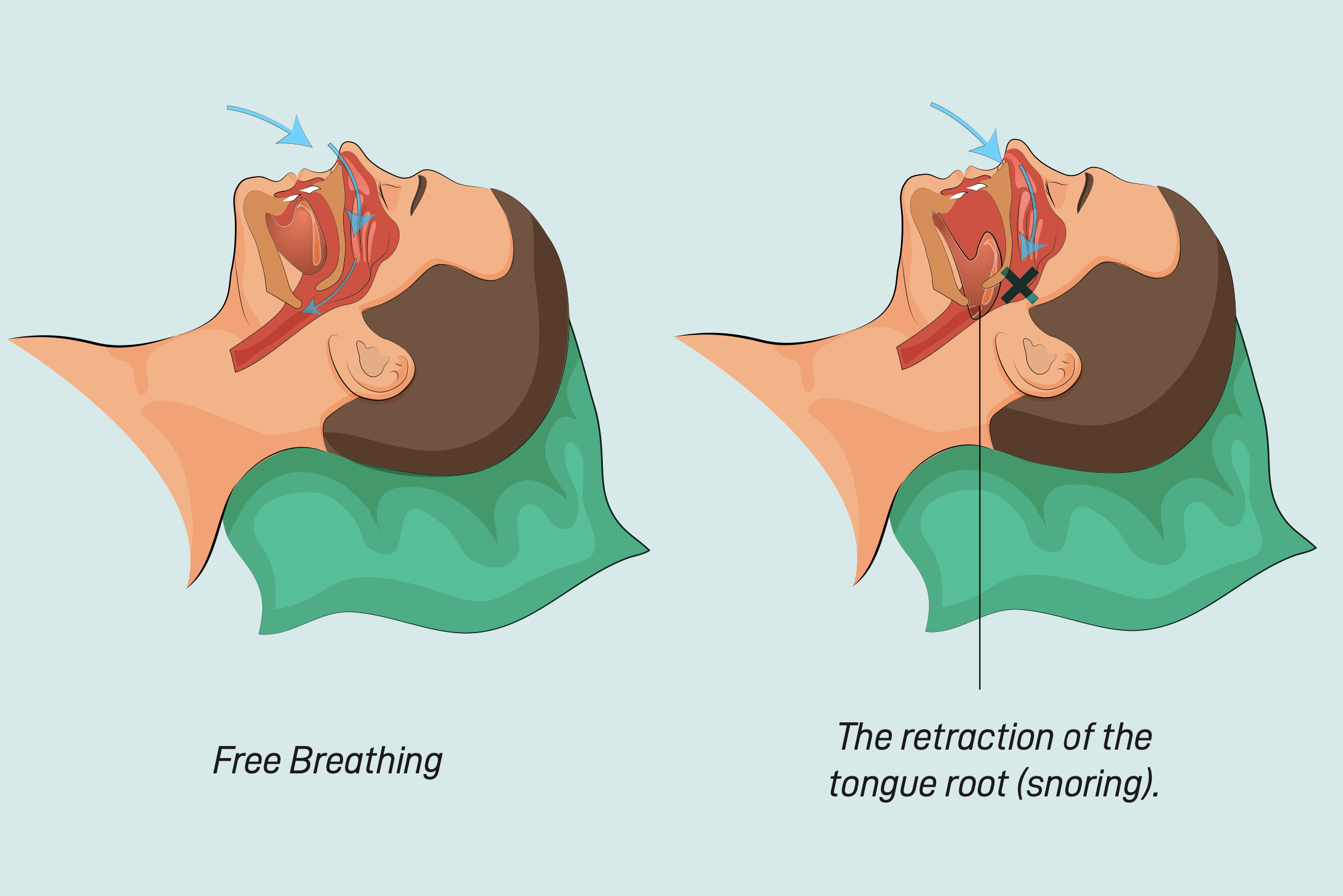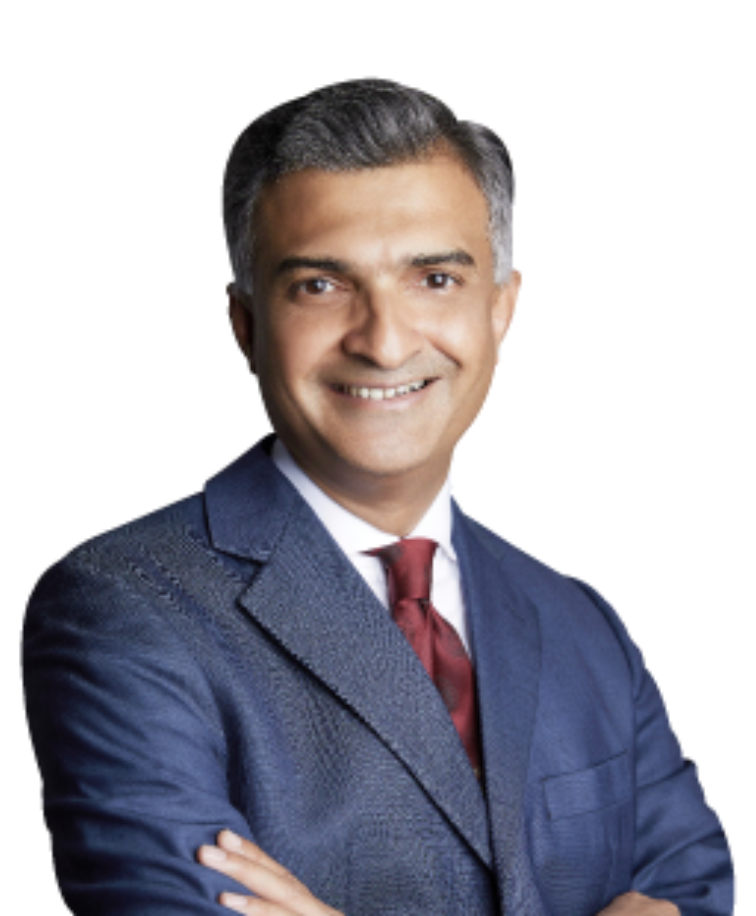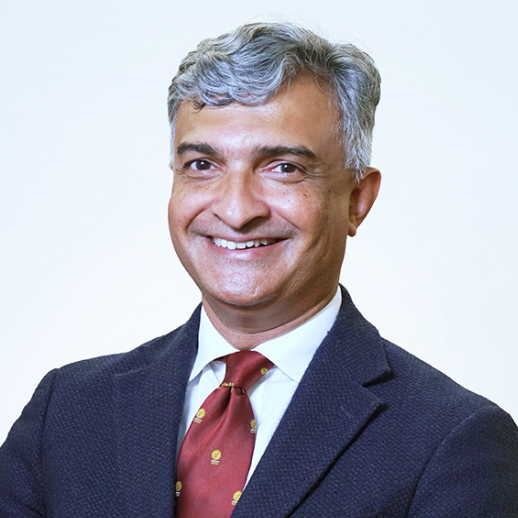Picture this: a serene night’s sleep, where you drift into a world of dreams with a gentle, rhythmic lullaby. Now, imagine that sweet slumber rudely interrupted by the unmistakable sound of snoring. We have all been there before, whether as a culprit or a victim. Snoring, though often dismissed as a minor annoyance, can have a significant impact on our quality of life and relationships. It can adversely affect both our partner’s and our own quality of sleep.

Despite snoring being a very common phenomenon, with an estimated 45% of adults snoring occasionally and 25% of adults snoring regularly, many people still do not know a great deal about snoring. Many people are not aware about its causes, possible medical implications, its treatments or even whether snoring is normal. As a result, a number of myths about snoring perpetrate, resulting in many misconceptions and much misunderstanding among the general population.
In this article, we dive deep into the world of snoring to answer some of the most common questions people have about this annoying phenomenon. Whether you are a habitual snorer searching for solutions or someone curious about the science behind these nighttime sounds, we have you covered
01. WHAT CAUSES SNORING?
Snoring is a noise that is produced when we are asleep. It is caused, like all noise, by vibrations. The common structures in the upper aerodigestive tract that vibrate are the throat, tongue, soft palate as well as other structures like the tonsils and epiglottis. These structures vibrate and the noise escapes through the open mouth – it is difficult to snore with the mouth shut!
02. IS SNORING NORMAL?

Snoring can be normal in so far as it is merely a manifestation of vibratory activity. This is called simple snoring and has no other potential or real manifestations of illness, such as sleep disordered breathing and/or obstructive sleep apnea. Having said that, simple snoring can still have a huge impact on the people subjected to the noise of it.
03. ARE THERE ANY SERIOUS HEALTH CONCERNS RELATED TO SNORING?

There are several health risks associated with snoring including obstructive sleep apnoea (OSA). OSA is a condition that can affect both adults and children. In children, it affects their growth, and can cause headaches, behavioural problems at school with reduced attention, poorer memory and focus. In severe cases of obese children, they can struggle to breathe even during the day due to lung and heart injury, much like their adult counterparts.
In adults, the implications are the same as children but adult patients with OSA can also develop high blood pressure, higher lung pressures, heart failure leading to possible heart attack, stroke and even metabolic imbalances like diabetes.
04. WHAT ARE THE TREATMENT OPTIONS FOR SNORING?
Snoring treatments should, if and when possible, be directed at the causes of snoring. Usually, the patient has issues with the nose, and this should be evaluated and treated accordingly. Common causes of nasal blockage include allergies (mainly to house dust mite), anatomical issues in the nose, and upper respiratory tract infections. More often than not, patients recover from colds and flus, but become habituated to using their mouths in the interim. Over time, with some effort, they regain nasal breathing and the snoring resolves. Non-nasal causes of noisy breathing when asleep can include large tonsils as well as a floppy palate and bulky tongue. Positional therapy includes adjuncts that help the patient adjust or modify their sleeping position, usually getting them to sleep on their side rather than flat on their backs. Wedged pillows or attaching a ball to the back of the pyjamas can help in some instances.
05. CAN MEDICATIONS HELP WITH SNORING?
Medication for nasal blockage is helpful and the type of medication prescribed depends on the cause of the blockage. For example, if the patient suffers from allergic rhinitis, the use of intranasal steroid sprays can help to reduce the swelling and inflammation of the nasal passages and improve the nasal airway, allowing for normal nasal breathing. Medication does not help with palatal or oral causes of snoring.
06. ARE THERE DEVICES OR APPLIANCES THAT CAN HELP TO REDUCE SNORING?
A variety of appliances have been tried to varying degrees of success and the results are very subjective. These include mouth tapes, mandibular advancement devices, nasal cones, breathe rite strips and so on. While many of them are unlikely to cause harm, it is better to carefully select these appliances. Consider discussing the use of these appliances with your doctor.
07. WHAT LIFESTYLE CHANGES CAN I MAKE TO REDUCE SNORING?
Snoring is usually, but not always, restricted to gaining weight. Hence, it is worthwhile to try exercising to lose weight. Other lifestyle modifications include cessation of smoking, reducing alcohol intake and managing environmental factors such as dust, mould and other aeroallergens that can contribute to nasal blockage.
08. IS SURGERY AN OPTION FOR SNORING?
Surgery does help patients who snore when other co- actors have been addressed and there is a clear anatomical contributor to the problem. However, surgery for simple snoring, while helpful, may not provide a complete cure and often, the problem recurs over time.
09. HOW LONG SHOULD I TRY A TREATMENT METHOD BEFORE EXPECTING RESULTS?
This really depends on the treatment method. Assuming it is conservative and therefore, non-surgical; weight loss takes time to achieve and sustain. Patience and determination in achieving your goal is key. Other treatments such as chin straps, nasal strips and the like can potentially improve matters quickly but not necessarily completely. Given the multi-factorial nature of snoring, it may be worthwhile to combine several treatment options to help reduce snoring. It may be necessary to give yourself a few weeks to see how things go. PRIME
Learn more at www.nuffieldmedical.com.sg












